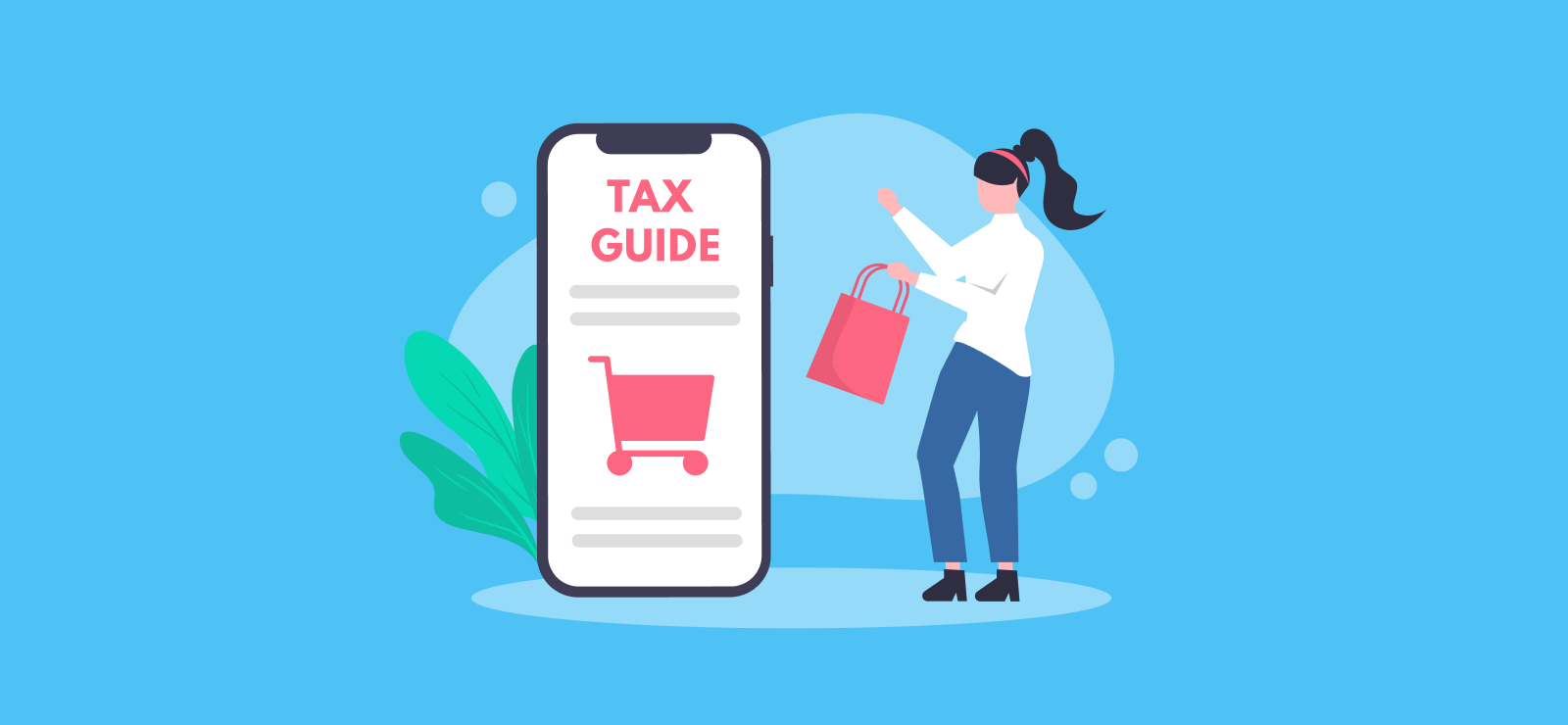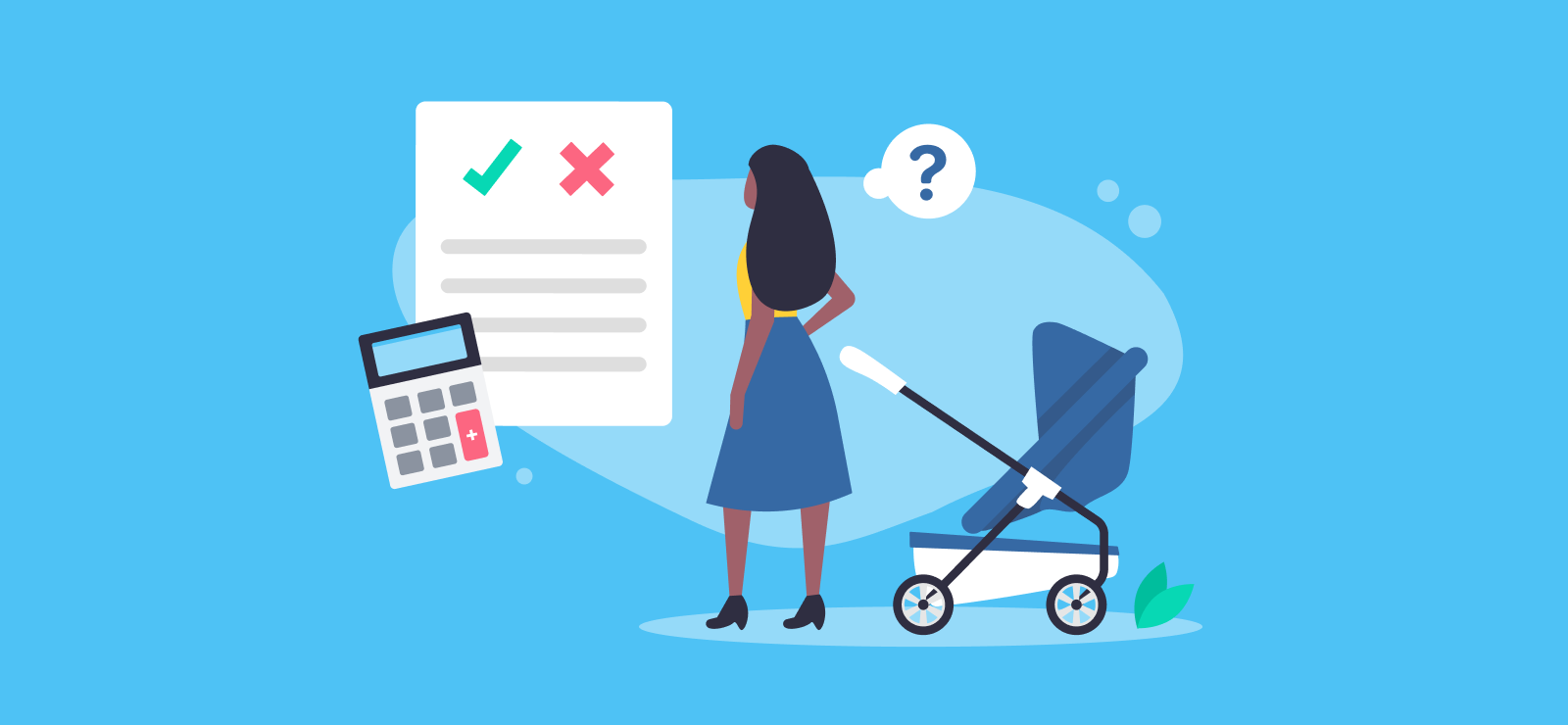

A Tax Guide for eBay
eBay is well recognised and established, so using it as a platform for your ecommerce business is well worth considering – especially if you’re starting up. Whether you plan to open for business full time, or you fancy a little side-earner, it’s crucial to make sure you understand your obligations around telling HMRC. We’ll explain what taxes you might need to pay on your eBay income, and how to declare them.
What taxes do I need to pay as an eBay seller?
You’ll normally need to start paying tax on your eBay sales if the total amount you earn from ‘casual’ or self-employed income goes over the £1,000 trading allowance in a tax year. This allowance doesn’t just cover eBay, so if you sell on other platforms then you’ll need to add together all of your income from all of them. The good news is that you’re entitled to the trading allowance even if you have other sorts of income – such as wages from your day job!
If your earnings go over the threshold during a tax year, you’ll need to sign up to pay tax, but the type of tax you pay on your eBay earnings depends on what business structure you choose to register with. If eBay is your side hustle, you’ll likely register as a sole trader, but you can register your eBay business as a limited company too.
You pay tax on profit, not the amount you sell something for on eBay
It’s important to note that your tax bill is based on your profits. So, if for example you claim allowable expenses, these are deducted from your total sales income, reducing how much tax you’ll need to pay.
Pay tax on eBay income as a sole trader
You’ll need to register for Self Assessment as a sole trader to pay income tax and National Insurance on your eBay earnings as an individual. The amount of tax you pay on your self-employed earnings from eBay depends on any other income you might earn during the same tax year (a tax year runs 6th April to 5th April).
It’s worth noting that you’ll pay the tax rate which applies to the part of your income in a particular tax band – not on everything you earn. So, going into the higher rate tax band doesn’t mean you’ll pay the higher rate on all your income, just on the chunk of your income that falls within it.
The table below only shows the tax rates used in England, Wales, and Northern Ireland. Scotland uses different income tax thresholds and rates, which you can view here.
| Tax Band | Your taxable income | The rate of tax you’ll pay |
| Personal allowance | Up to £12,570 | 0% |
| Basic rate | £12,571 - £50,270 | 20% |
| Higher rate | £50,271 - £125,140 | 40% |
| Additional rate | £125,140 upwards | 45% |
Selling on eBay as a limited company
If you decide to operate your eBay business as a limited company, the rules are a little different. This is because you’re seen as a separate entity to your business, so you’ll complete Company Tax Returns on your company’s behalf – paying Corporation Tax on your company’s profits. Similar to a sole trader, you can deduct expenses from your company’s income meaning you’ll pay less Corporation Tax on the leftover profits – so ensure you claim everything you’re entitled to!
You may still need to register for Self Assessment if you receive any untaxed income from the business – for instance if you also pay yourself in dividends. If you’re ever unsure, have a chat with your accountant.
If you are confused whether you’re a business or an occasional seller, read our blog on selling old clothes online.
Do I need to be VAT-registered to sell on eBay?
The honest answer is it depends. VAT (which stands for value-added-tax) is a consumption tax that’s added onto most goods and services sold by VAT-registered businesses. You’ll need to register for VAT if:
- Your sales exceed the VAT taxable turnover threshold (which is currently £90,000) over a 12-month period
- You’re a seller outside of the UK that stores stock within the UK (that’s a bit of a tongue twister – a better example would be if you’re from and live in Spain, and have a warehouse of stock in the UK)
- You’re a UK seller who ships things to the EU (this depends on the value of what you ship, who you sell to, and the nature of what you sell)
- You’re storing stock in a specific country (regardless of your taxable turnover you’ll need to register for VAT if you store stock in another country)
There’s also the option of voluntarily registering for VAT if you think this could help your business be more tax efficient. It’s important you speak to an accountant about what this means for your business, and understand the rules around VAT compliance.
Does eBay ever collect VAT on my behalf?
eBay will sometimes collect VAT on your behalf if your buyers are based in the EU. This is because under EU VAT law, eBay is responsible for collecting VAT in the following scenarios:
- If an order with a value up to EUR 150 is shipped to buyers in the EU from a seller outside of the EU
- If you sell something of any value outside of the EU to buyers in France and Monaco
- If you’re a non-EU seller on shipments sent of any value within the EU to consumer buyers
Whether you or eBay deducts VAT, you are always responsible for ensuring you collect the correct amount, which will then be included on your VAT return.
It’s super important to do your research, so we’d suggest having a look at your VAT obligations in the UK & EU before you begin selling to EU customers.
What fees are there on eBay?
It’s important you consider any fees before deciding on your official pricing structure. There may be goods and services tax (GST) as well as listing fees added to your seller invoice. Head over to eBay’s fees for business sellers to learn more. And remember to record all your selling fees so you can claim them as expenses!
Will I need to pay Capital Gains Tax on eBay?
It depends on what you’re selling.
If you’re unfamiliar with Capital Gains Tax, it applies to the profit you make on personal assets you’ve ‘disposed’ of. It’s not based on how much you’ve sold something for, but the gain you received from that specific sale. If your total gains are less than £3,000 annually, there isn’t anything to report to HMRC.
Is it more tax-efficient to be a sole trader or limited company as an eBay seller?
We have a tax calculator to help you with this query! It really depends on how much your total profit is, so even if you estimate it for now, we’ll be able to show you what you’ll take home as a sole trader versus as a limited company.
If you decide to be a sole trader for now, remember you can always incorporate your company as you grow bigger. It’s also worth thinking beyond tax efficiency. Some people prefer their business to be a different legal entity to themselves in order to protect their personal assets, so compare the differences between sole trader and limited company structures in more detail if you need to.
Are you an eBay seller and need a bit of tax guidance? Call 020 3355 4047 to chat to the team, and get an instant online quote.
Want to learn more?
Subscribe to our newsletter to get accounting tips like this right to your inbox

Read more posts...

The Accountancy Partnership – Our Positive Reviews
16th February 2026We’re proud of our customers’ reviews here at The Accountancy Partnership The reviews we receive from our customers show how hard we…
Read More
Maternity Pay for Self-Employed People
15th February 2026As a self-employed person you might be eligible to get Maternity Allowance payments for up to 39 weeks. It’s different to Statutory…
Read More
National Insurance for the Self-Employed
14th February 2026If you work for your own self-employed business, then you may need to pay National Insurance on the profits that you earn….
Read MoreConfirm Transactions
The number of monthly transactions you have entered based on your turnover seem high. A transaction is one bookkeeping entry such as a sale, purchase, payment or receipt. Are you sure this is correct?
Please contact our sales team if you’re unsure
VAT Returns
It is unlikely you will need this service, unless you are voluntarily registered for VAT.
Are you sure this is correct?
Call us on 020 3355 4047 if you’re not sure.
MTD IT Quarterly Updates
Your final, end of year MTD Income Tax submission is included in your fee, without this add-on service.
We would recommend you submit the quarterly updates yourself using Pandle or alternative bookkeeping software.
However, if you would prefer us to submit these quarterly updates for you, there is an additional fee of £35.00 per month.
Call us on 020 3355 4047 if you’re not sure.
Bookkeeping
You will receive our bookkeeping software Pandle for free, as part of your package.
You can use this to complete your own bookkeeping, or we can provide a quote to complete your bookkeeping for you.
Please select and option below:
Call us on 020 3355 4047 if you’re not sure.

